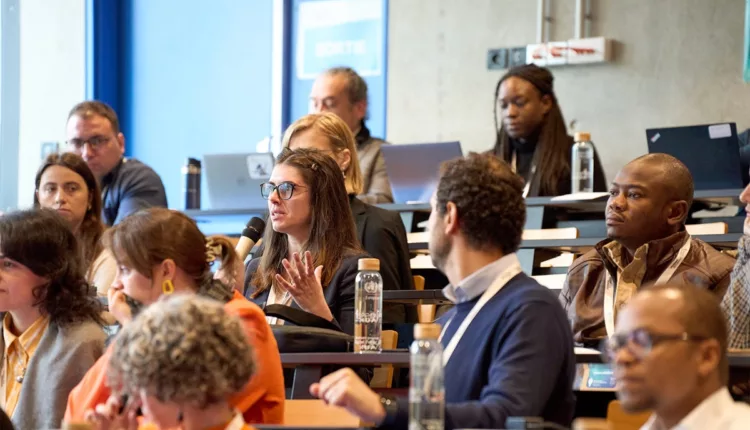
Boosting Healthcare Capacity in WHO’s European Region
TL/DR –
The World Health Organization (WHO)/Europe has developed annual training courses designed to build capacity of health leaders and address public health challenges. The courses held during the first Health Systems Capacity Building Week included the European Public Health Leadership Course, the Executive Course on Health Workforce Leadership and Management, and the Barcelona Course on Health Financing for Universal Health Coverage (UHC). These courses are aimed at addressing numerous health challenges, including climate change, urbanization, socioeconomic turbulence, noncommunicable diseases, mental and behavioural health risks, misinformation, inequalities, and an exhausted health and care workforce.
Building Capacity for Robust Public Health Systems
Developing the professional capabilities of health leaders is essential for tackling public health issues and creating strong health systems offering top-tier care. WHO/Europe, in collaboration with partner organizations, has devised several annual training programs to enhance these leaders’ skills and competencies.
The debut Health Systems Capacity Building Week by WHO/Europe last month featured three courses, which were;
- The second WHO European Public Health Leadership Course, aiming to empower public health professionals’ leadership skills;
- The second WHO/Europe Executive Course on Health Workforce Leadership and Management, designed to guide health leaders and policymakers in their workforce support; and
- The eleventh WHO Barcelona Course on Health Financing for Universal Health Coverage (UHC), aimed at equipping policymakers with the knowledge and skills to advance health systems financing and UHC progression.
Empowering Public Health Leaders
WHO European Region countries are grappling with challenges like climate change, urbanization, socioeconomic turbulence, noncommunicable diseases, misinformation, inequalities, and a strained health and care workforce. To address these, investment in informed public health leadership is critical.
The second WHO European Public Health Leadership Course, developed in partnership with the University of Bordeaux, welcomed health professionals from over 30 countries. During two weeks, the participants engaged in real-world scenarios to boost their leadership skills, focusing on areas like innovation, governance, and problem-solving.
Strengthening health workforce management
Comprehending health systems’ intricate dynamics is vital for shaping effective health policies, particularly understanding the health workforce’s complexities. The WHO Regional Office for Europe hosted the second Executive Course on Health Workforce Leadership and Management for the Small Countries Initiative (SCI) representatives, aiding countries to advance their health workforce policies.
Representatives from nine SCI countries and Greenland and Ukraine delved into strategies for sustainable planning on health worker numbers and skills, intersectoral collaboration, and human-centered design.
Enhancing Health Financing for UHC
Health financing policies are crucial for countries moving towards UHC, a Sustainable Development Goal and a core priority of the WHO European Programme of Work, 2020–2025. By understanding health financing policies and assessing reform options, policymakers can create effective strategies for affordable healthcare access.
The five-day WHO Barcelona Course on Health Financing for UHC provided participants valuable insights into different health financing reform strategies, and practical exercises on analyzing health systems and identifying coverage gaps.
Learn more about these trainings and upcoming courses by visiting the related pages.
—
Read More Health & Wellness News ; US News
